Google tries to make TV techies less white and nerdy
Tech giant's media team tackles TV's clichéd portraits of IT workers
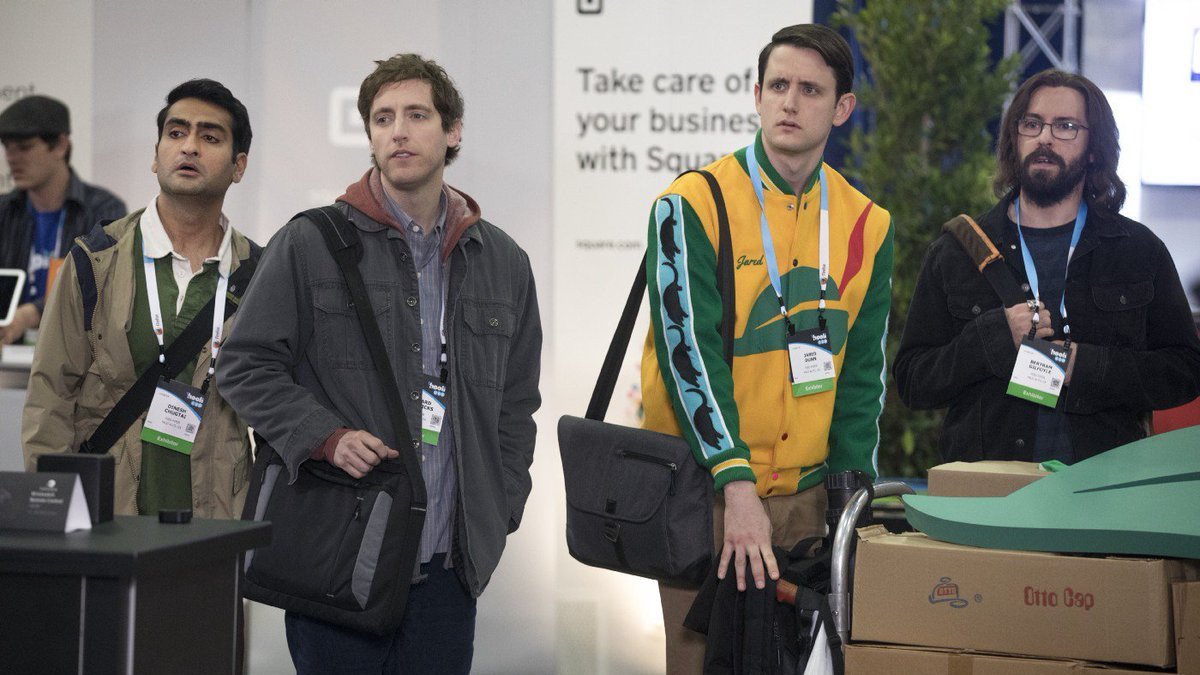

TV hackers are becoming less stereotypical and cringeworthy and more diverse, according to Google, which has been advising shows like Silicon Valley, The Fosters and The Powerpuff Girls on the representation of IT enthusiasts in media.
The company's Computer Science (CS) in Media team, formed in 2015, has been working behind the scenes in Hollywood with the creators of movies and TV shows to help improve their depiction of hackers and IT professionals.
A post-mortem report it released this week analyses the effects of its first year of operation, claiming that progress has been made in dispelling the onscreen stereotypes of IT operatives as nerdy, socially-awkward white men - although there is still a long way to go.
"Depictions of computer science are still rare in both popular programming and series influenced by Google," the team wrote as part of the report. "The findings from this investigation underscore the importance of Google's ongoing intervention, and highlight additional areas for improvement in the depiction of the characters using CS."
A quarter of the shows that Google had a hand in influencing and advising featured female computer scientists, while one-third featured non-white CS-based characters, including 15.5% from under-represented racial and ethnic groups.
Google might be jealous of these kind of figures - its own latest diversity figures show black workers make up just 1% of its IT workforce, while only 3% are Hispanic, and 20% of its techies are women. White people form 53% of tech staff and 39% are Asian.
However, the report also showed that depictions of and references to computer science are still relatively scarce in media, with just 3.4% of characters talking about or engaging in the subject, falling to just 2.2% across what Google deems as 'popular media'.
Get the ITPro daily newsletter
Sign up today and you will receive a free copy of our Future Focus 2025 report - the leading guidance on AI, cybersecurity and other IT challenges as per 700+ senior executives
"Taking steps to address not just the prevalence but the nature of CS in media is crucial," the team added. "As Google continues its work, it is imperative to rely on research-based evidence. While adding additional CS characters to popular media is valuable, the context and nature of those portrayals is just as - if not more - important. Google can be a leader by moving beyond the language of mere exposure to discuss the multidimensional nature of media influence."
While tech and IT roles in film and TV are still rooted in stereotypes, the study indicated that having a tech company consult on the project can have measurable benefits. In the shows and films that Google influenced, the number of IT-focused characters who appeared in the stereotypical attire one would normally associate with a TV computer geek - unkempt hair, glasses, and hoodies - fell by more than 12% compared to the CS team's control sample of shows.
The team also concluded that it should work more closely with shows that aren't specifically about IT, like programmes aimed at young audiences, which often feature techie characters. "This suggests that writers and content creators do find ways to integrate CS into shows through guest-starring roles, or even with series regulars," the report observed.
Picture: Silicon Valley, courtesy of HBO PR (via Twitter)
Adam Shepherd has been a technology journalist since 2015, covering everything from cloud storage and security, to smartphones and servers. Over the course of his career, he’s seen the spread of 5G, the growing ubiquity of wireless devices, and the start of the connected revolution. He’s also been to more trade shows and technology conferences than he cares to count.
Adam is an avid follower of the latest hardware innovations, and he is never happier than when tinkering with complex network configurations, or exploring a new Linux distro. He was also previously a co-host on the ITPro Podcast, where he was often found ranting about his love of strange gadgets, his disdain for Windows Mobile, and everything in between.
You can find Adam tweeting about enterprise technology (or more often bad jokes) @AdamShepherUK.
-
 Bigger salaries, more burnout: Is the CISO role in crisis?
Bigger salaries, more burnout: Is the CISO role in crisis?In-depth CISOs are more stressed than ever before – but why is this and what can be done?
By Kate O'Flaherty Published
-
 Cheap cyber crime kits can be bought on the dark web for less than $25
Cheap cyber crime kits can be bought on the dark web for less than $25News Research from NordVPN shows phishing kits are now widely available on the dark web and via messaging apps like Telegram, and are often selling for less than $25.
By Emma Woollacott Published
-
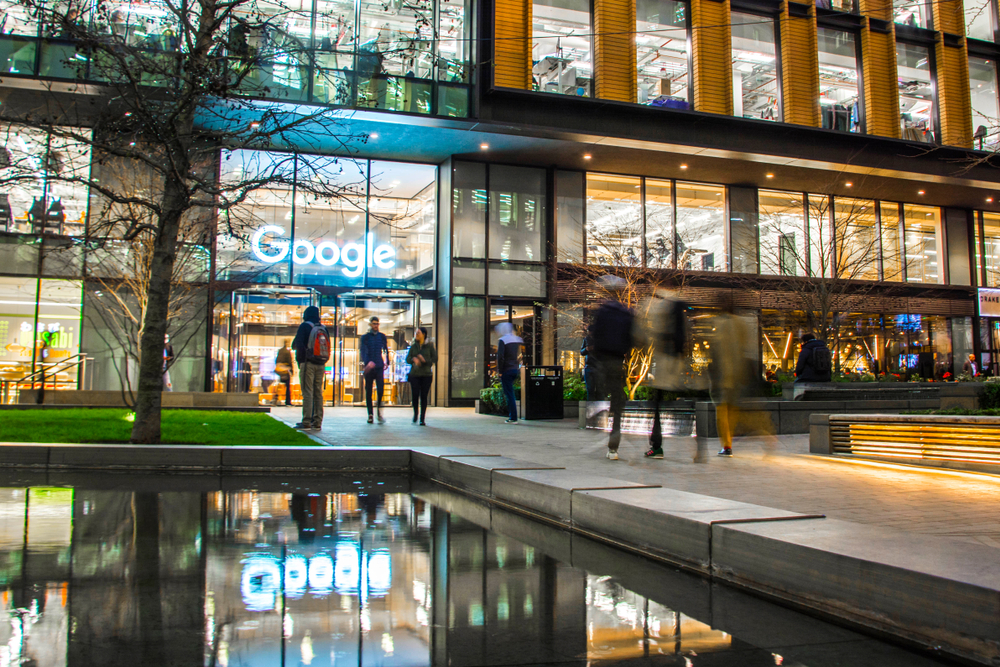 Google to invest $1 billion in Africa to fuel digital transformation
Google to invest $1 billion in Africa to fuel digital transformationNews The investment will be used to invest in startups and implement better connectivity through the Equiano subsea cable
By Zach Marzouk Published
-
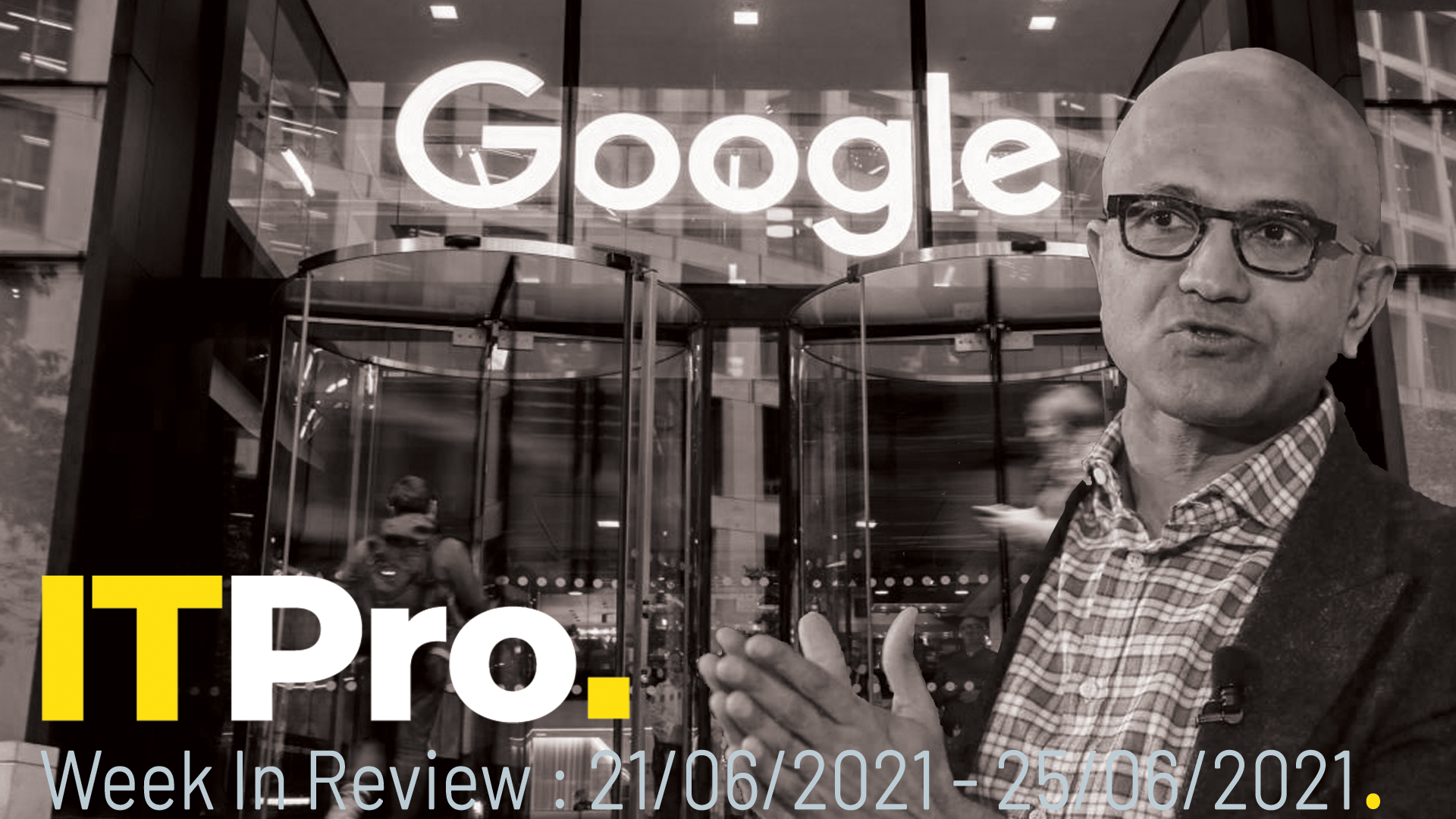 IT Pro News in Review: Google Campus closed, Microsoft hits $2 trillion, and UK cities lose millions
IT Pro News in Review: Google Campus closed, Microsoft hits $2 trillion, and UK cities lose millionsVideo Catch up with the biggest headlines of the week in just two minutes
By ITPro Published
-
 Oracle opens submissions for start-up cloud accelerator programme
Oracle opens submissions for start-up cloud accelerator programmeNews Up to six startups will be chosen to take part in the second round of intakes
By Clare Hopping Published
-
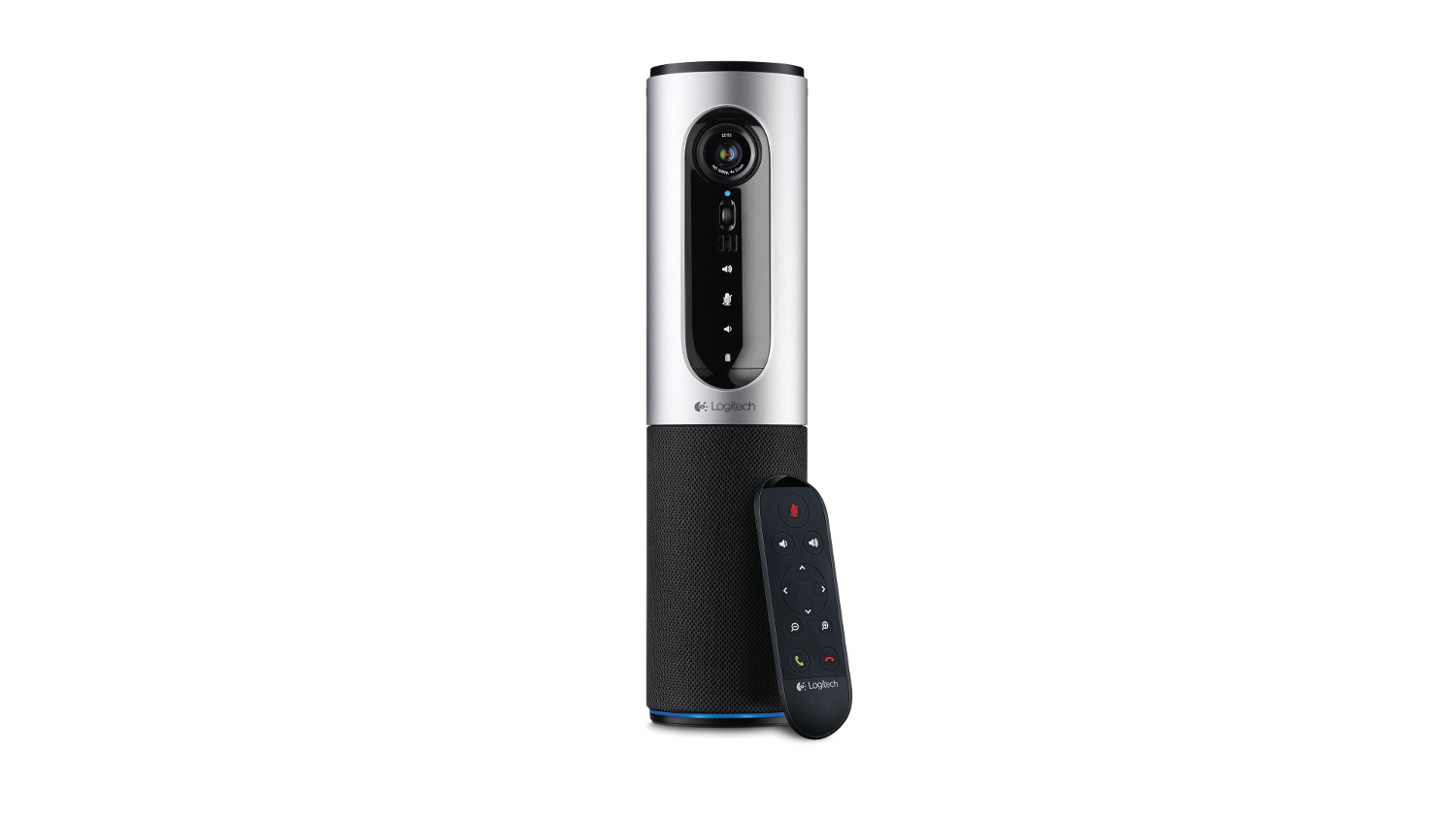
 Logitech ConferenceCam Connect
Logitech ConferenceCam ConnectReviews Good quality and a low price makes the Connect a great choice for instant video conferences
By Dave Mitchell Published
-
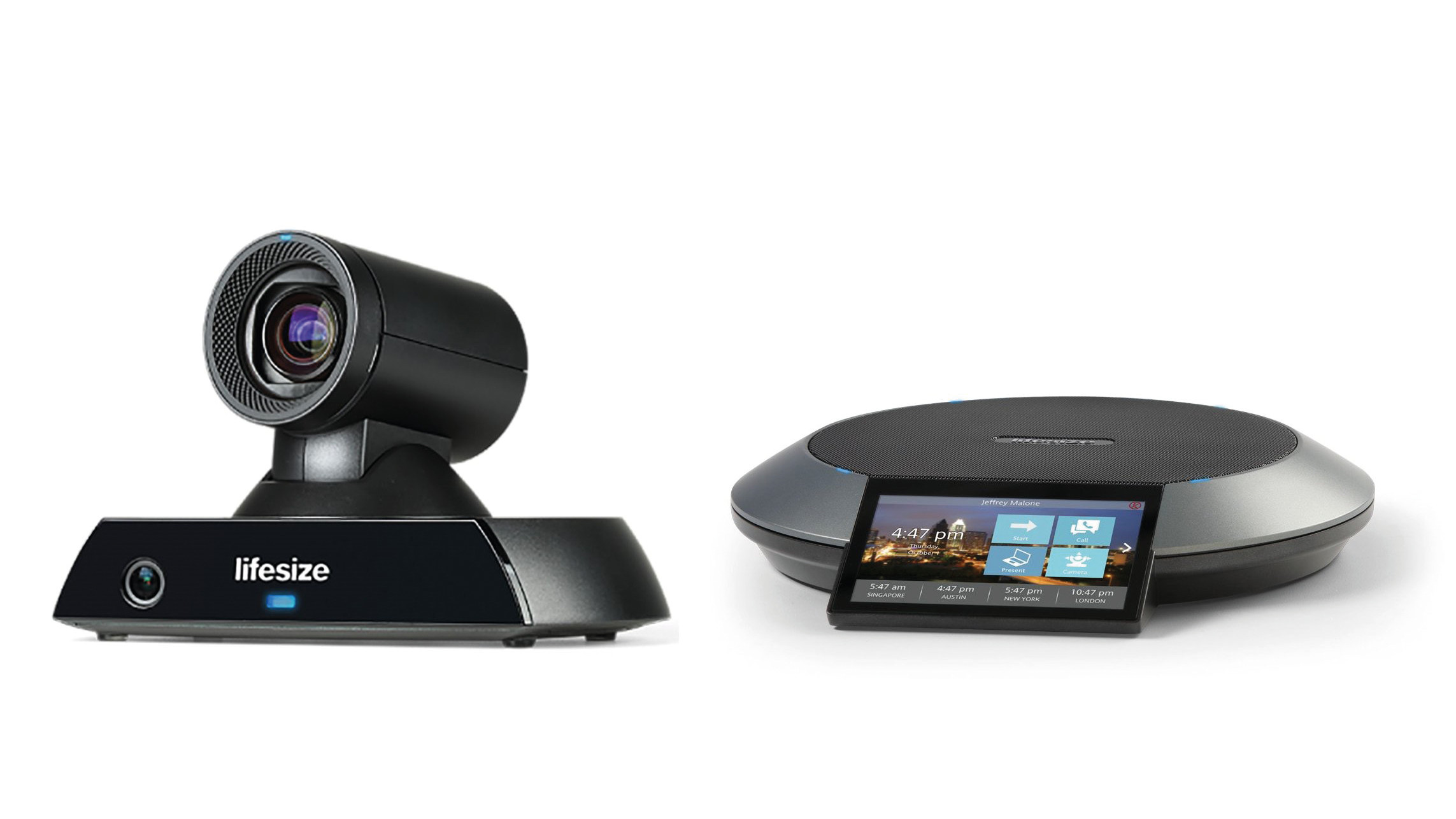
 Lifesize Icon 450 and Phone HD review
Lifesize Icon 450 and Phone HD reviewReviews It’s expensive but this complete Lifesize solution makes professional video conferencing a walk in the park
By Dave Mitchell Published
-
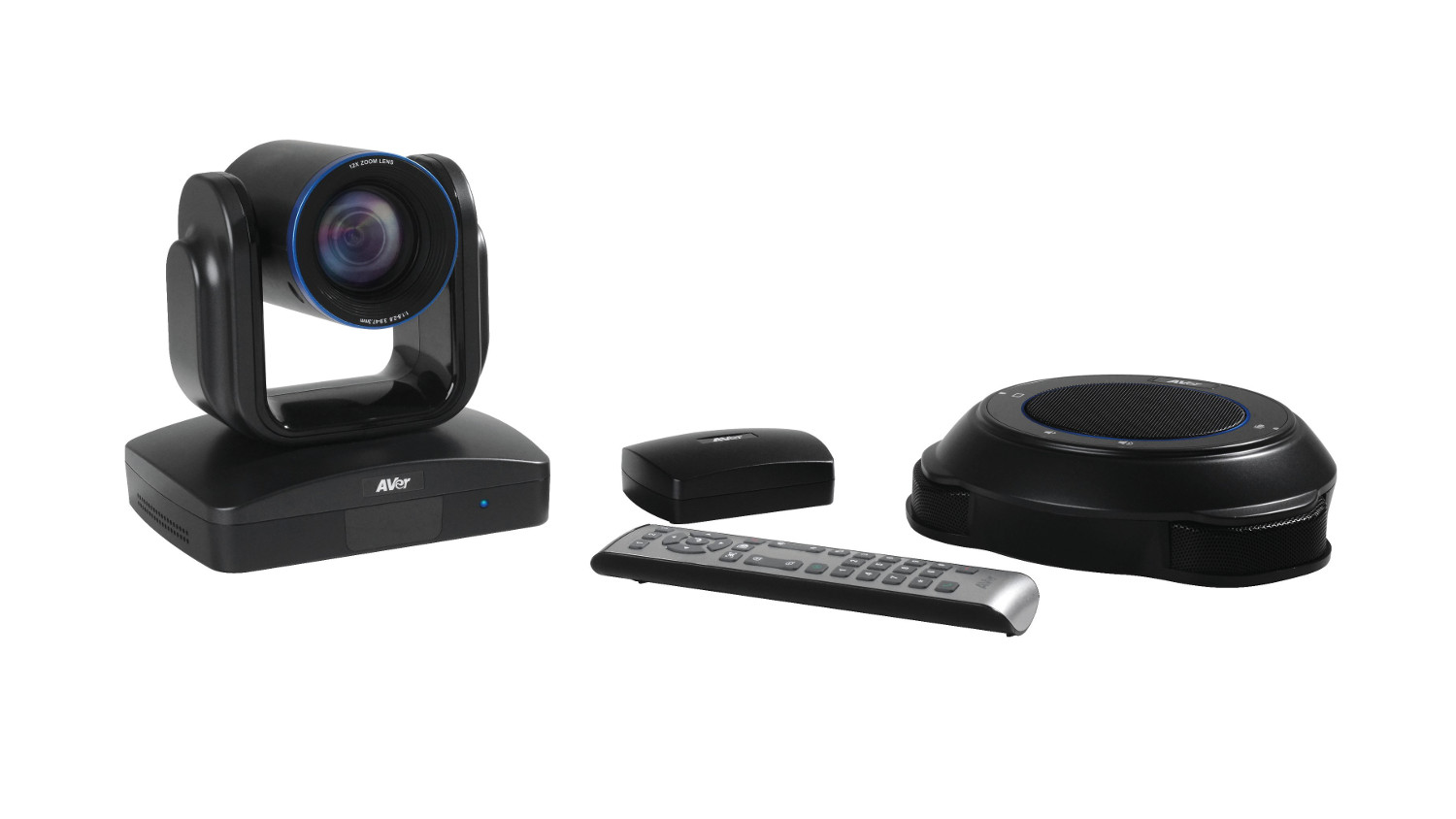
 Aver VC520 review
Aver VC520 reviewReviews A keenly priced professional video conferencing solution with a quality camera that’s ideal for big meeting rooms
By Dave Mitchell Published
-
 Citrix acquires Unidesk to make app layering a cinch
Citrix acquires Unidesk to make app layering a cinchNews Virtualisation firm also promises trade-up offers for cloud-seeking customers
By Joe Curtis Published
-
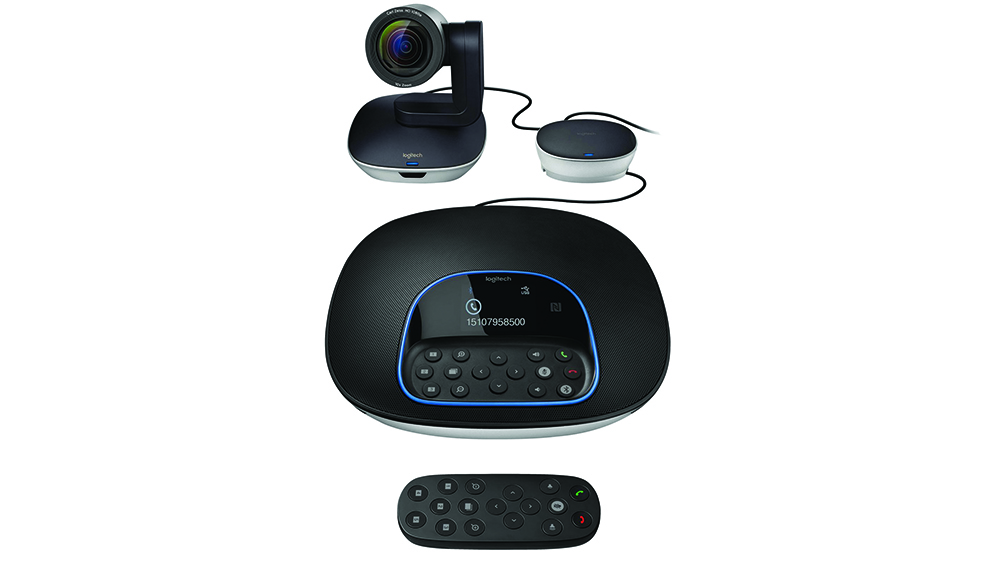
 Logitech Group review
Logitech Group reviewReviews A classy and comprehensive videoconferencing kit that gives you the big picture at a sensible price
By Dave Mitchell Published